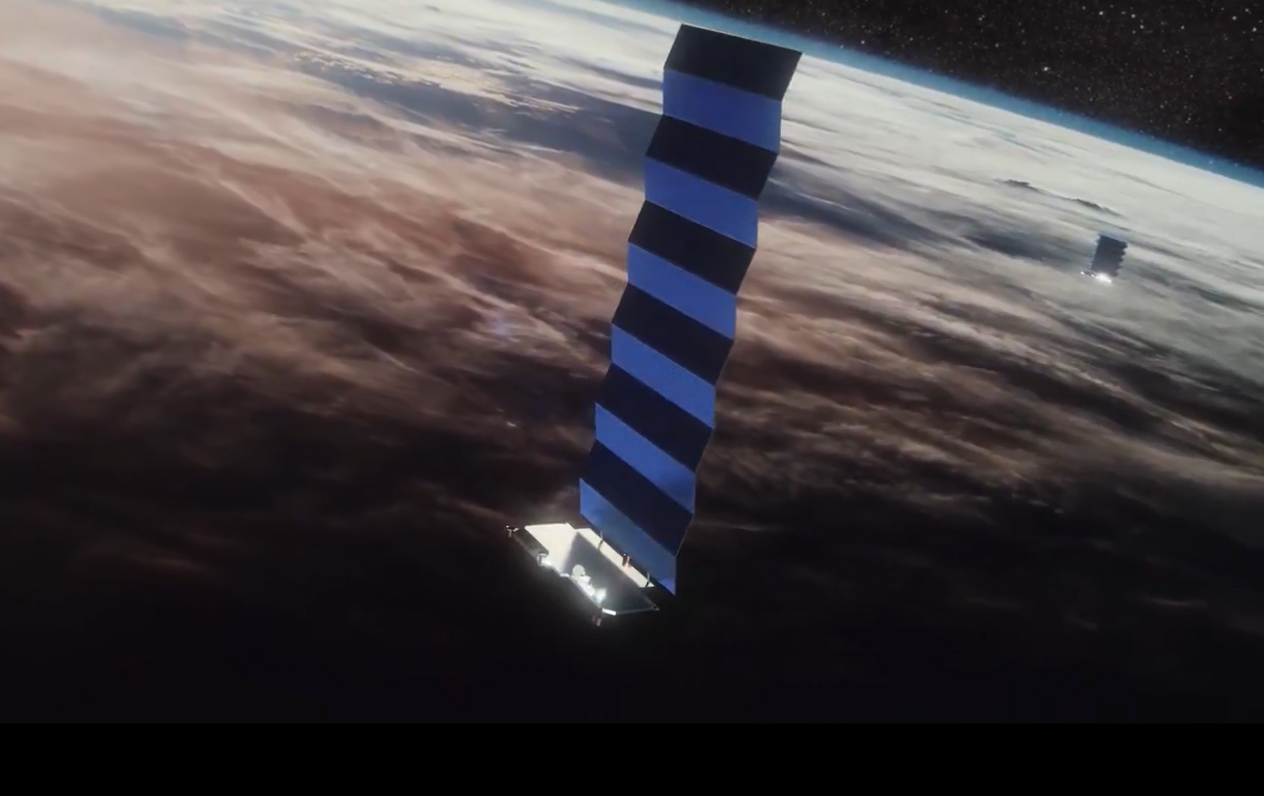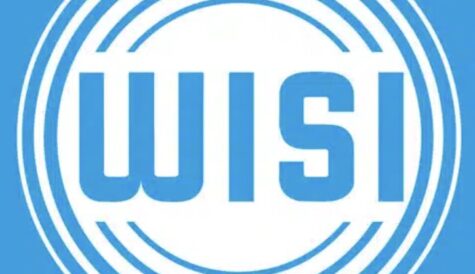Musk’s SpaceX denied US$2 billion in FCC funding for broadband network
 The US Federal Communications Commission (FCC) has rejected applications from Elon Musk-owned SpaceX for more than US$2 billion in internet service subsidies.
The US Federal Communications Commission (FCC) has rejected applications from Elon Musk-owned SpaceX for more than US$2 billion in internet service subsidies.
The company sought funding to provide 100/20 Mbps service to 642,925 locations in 35 states via its Starlink subsidiary. The business has launched 2,700 satellites since 2019 and has hundreds of thousands of subscribers in rural areas typically neglected by major ISPs in the US.
Starlink previously won US$855.5 million in 2020 as part of a US$9.2 billion award to over 300 bidders.
However, the FCC denied its latest request after it said that the company provided inadequate responses to questions and is not capable of complying with commission requirements. The regulator pointed to data as of July 31 which indicated that Starlink’s speeds declined quarter-over-quarter, while its upload speeds have fallen below 20 Mbps.
In a statement on the decision, FCC chair Jessica Rosenworcel said: “Starlink’s technology has real promise. We must put scarce universal service dollars to their best possible use as we move into a digital future that demands ever more powerful and faster networks. We cannot afford to subsidise ventures that are not delivering the promised speeds or are not likely to meet program requirements.”
Rosenworcel’s statement also pointed towards the inaccessibility of the operator, which requires users to purchase a US$599 self-install terminal kit and whose subscribers often pay more than US$100 per month for coverage.
This is the latest blow for Musk, who is currently being taken to court for withdrawing his takeover offer for social media platform Twitter. A Twitter thread from 2019 has also recently gone viral, where it was pointed out that Musk had admitted that the Hyperloop underground tunnel system was only proposed for Los Angeles in the hope that the city would cancel its plans for a high-speed rail system.



